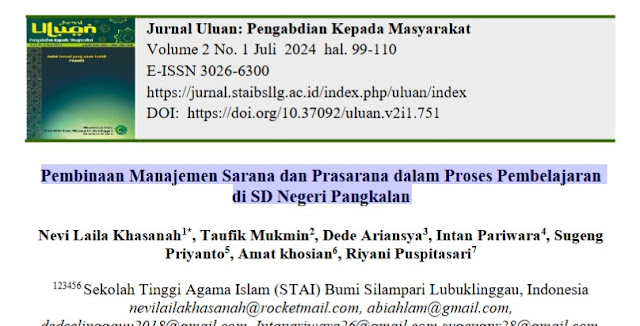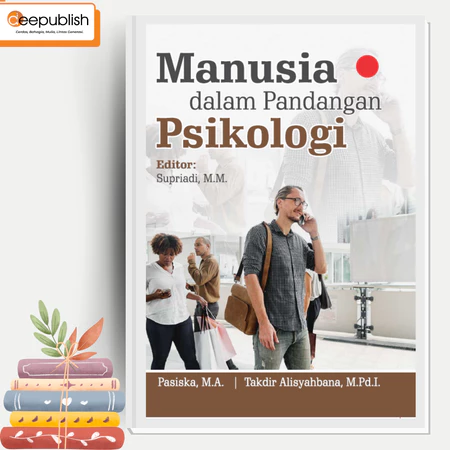Development of Facilities and Infrastructure Management in the Learning Process at Pangkalan State Elementary School
Jendelakita.my.id. - This article discusses research on the management of facilities and infrastructure at SD Negeri Pangkalan, which reveals the significant impact of inadequate school facilities on the teaching and learning process. The study focuses on how poor management of facilities and infrastructure can hinder the effectiveness of education and offers solutions to improve the situation.
The study used a descriptive-qualitative methodology complemented by a service learning approach involving direct observation, interviews, and documentation to collect data. The findings indicate that the existing facilities in the school do not meet the established educational standards, creating barriers to students' learning experiences. Damaged facilities, such as inadequate classrooms and sanitation facilities, and the lack of essential facilities, such as laboratories and health rooms, are the main focus of these deficiencies.
The study proposes two leading solutions to address these issues: improving the quality of human resources, especially among teaching staff, and increasing community involvement to maintain and manage school facilities through Islamic teachings collectively. An Islamic perspective is used in the analysis of facilities management to promote awareness of the importance of maintenance and cleanliness.
This document highlights the critical role that educational infrastructure management plays in creating a conducive learning environment, as articulated in the national education policy. In this context, effective facility management is essential to comply with standards and improve educational outcomes. This study supports the assertion that effective facility management is critical to improving students' academic experiences.
Furthermore, this study emphasizes the importance of aligning facility management practices with Islamic principles, suggesting that educational environments should promote cleanliness and orderliness as part of their management strategies. Recommendations include establishing transparent management practices to improve the maintenance and functionality of school resources, thereby focusing on creating a safe and stimulating learning environment for students while promoting teacher professional development.
In conclusion, this study shows that the management of educational facilities at SD Negeri Pangkalan is still inadequate, which causes various challenges in the learning process. This study emphasizes the need for interventions to improve facility management through community collaboration and professional development among educators; by integrating Islamic values and focusing on communal responsibility, the potential for better maintenance and use of school resources can be achieved, ultimately improving the educational experience for students. Through these actions, SD Negeri Pangkalan can progressively align with the required academic standards, ensuring a quality learning environment for its students.












